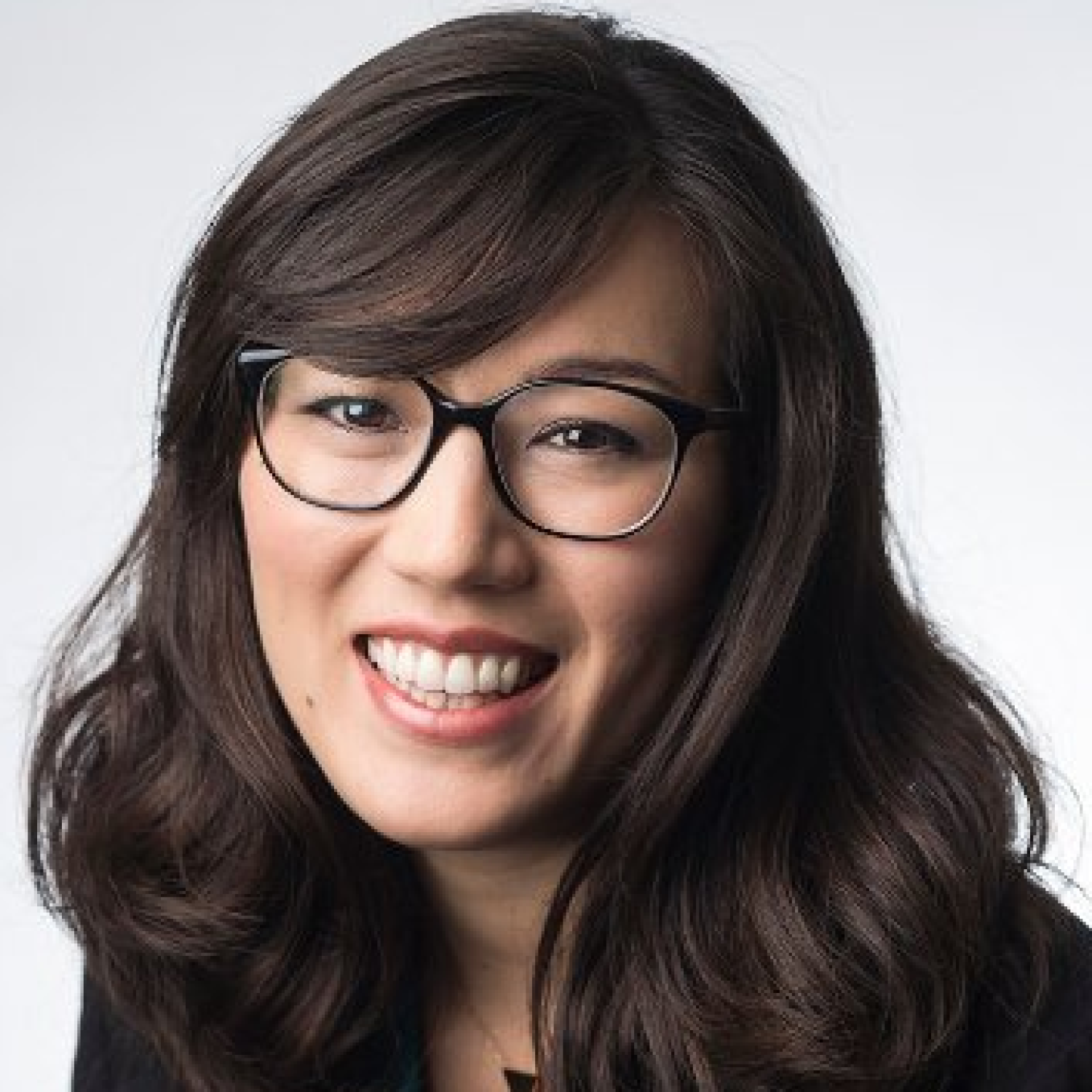Nikki Ferraiolo
- Director of Global Strategic Initiatives, CLIR
- PLC 2003
Degree(s): BA History, French minor
Professional background, interests and expertise: I currently manage grant and fellowship programs that support museums, libraries, archives, and the scholars that do research within them. My largest program awards $4 million annually to cultural heritage institutions to digitize rare material and make it freely available online to users around the world.
My background is in historical research, international education, and program management in higher education. After graduating from CU Boulder with a B.A. in History and a minor in French, I moved to French Guiana to teach English to middle and high school students through a program with the French government. After teaching for a year, I was offered a position in the Ministry of Education’s regional office, organizing international exchange programs and teaching at the university in the graduate school of education. I then spent two years in New York and London, where I studied international history through a joint Master’s program at Columbia University and the London School of Economics. I received a 4-month fellowship for archival research and language training in the Dominican Republic, Haiti, DC, and Puerto Rico, and wrote my thesis on philanthropy and natural disasters. After graduating, I returned to New York for a job at Columbia, where I managed several academic programs at the intersection of history and public policy. I eventually moved to Washington, DC for my current position (it also didn’t hurt that my partner, now husband, works in policy!).
My professional interests include (in no particular order): 1) global affairs and transnational history, 2) international education and cultural exchange, 3) cultural heritage preservation, 4) open access/knowledge, 5) philanthropy and grantmaking. Other areas of potentially useful knowledge: 1) Academic and alt-ac careers for humanities majors, 2) careers in cultural heritage (museums, galleries, archives, libraries, etc.), 3) navigating graduate school: how to pick the right program, how to get in, how to fund it, how to come out with a job in hand, etc., 4) personal branding, 5) getting situated in DC, NYC, London, or the Bay Area.
Hours available for mentoring per month: 2-3
Best professional advice: There are so many smart and generous people out there—at all levels. Take the time to connect with individuals and learn about their experiences. You’ll be the wiser for it, and who knows, you might be able to help each other down the road! And don’t be shy about reaching out, people LOVE to talk about themselves.
• If you’re lucky, there’s going to be lots that you love about your job. But it’s important to recognize which parts of your work are essential for making your organization function, and which parts can be thought of as “self-actualization” activities. Make sure that you are delivering the former before investing too much time in the latter. The ability to see things from your employer’s perspective is a surprisingly rare and valuable skill, particularly in the non-profit sector.
• Do what you love is not terrible advice, if you approach it with an open and pragmatic mind. There are probably ways to make it pay, but you have to be flexible and opportunistic.
• There’s no problem that can’t be solved with a little creativity and a mountain of research.
• Always be nice to administrators. They have more power than they let on.


